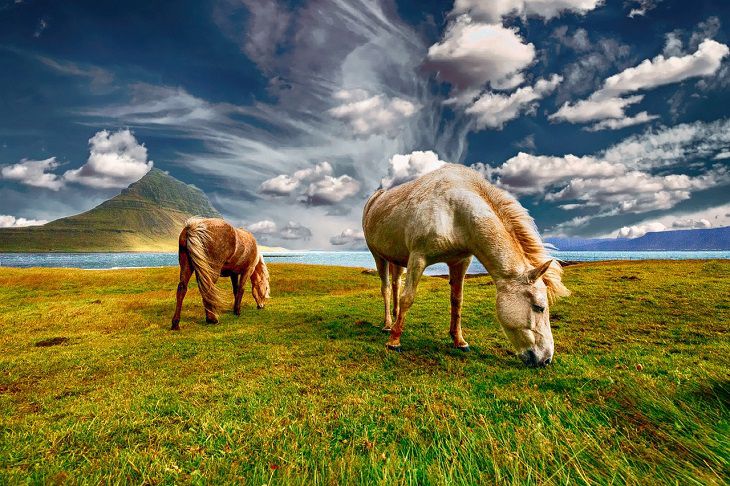A group of specialists from around the world has delved into the history of early horses in North America.
Their extensive study challenges previous European accounts, suggesting that horses spread faster and earlier in the American West.
Let's see what they've found.

Time to discover new facts
A group of scientists from 15 countries, including members of various Native American groups, investigated animal remains across sites in New Mexico, Kansas, and Idaho.
Using methods like archaeozoology, DNA sequencing, and also radiocarbon dating, they discovered that Indigenous communities probably started riding and raising horses in locations like Idaho and Wyoming by the first half of the 17th Century, or earlier.
This timeline is much earlier than what European records had previously indicated.
The scientists worked closely with Native American people, including the Lakota, Comanche, and Pawnee nations, in a collaborative effort to understand the history of horses in North America.
Why it's interesting to know
The experiment aims to tell a more accurate and comprehensive story about the relationship between Indigenous communities and also horses in the American West.
The information aligns with Indigenous oral histories, emphasizing the deep bonds formed with horses.
The research highlights the importance of respecting these connections and the need for more careful handling of animal remains in museum collections, acknowledging their cultural significance.












